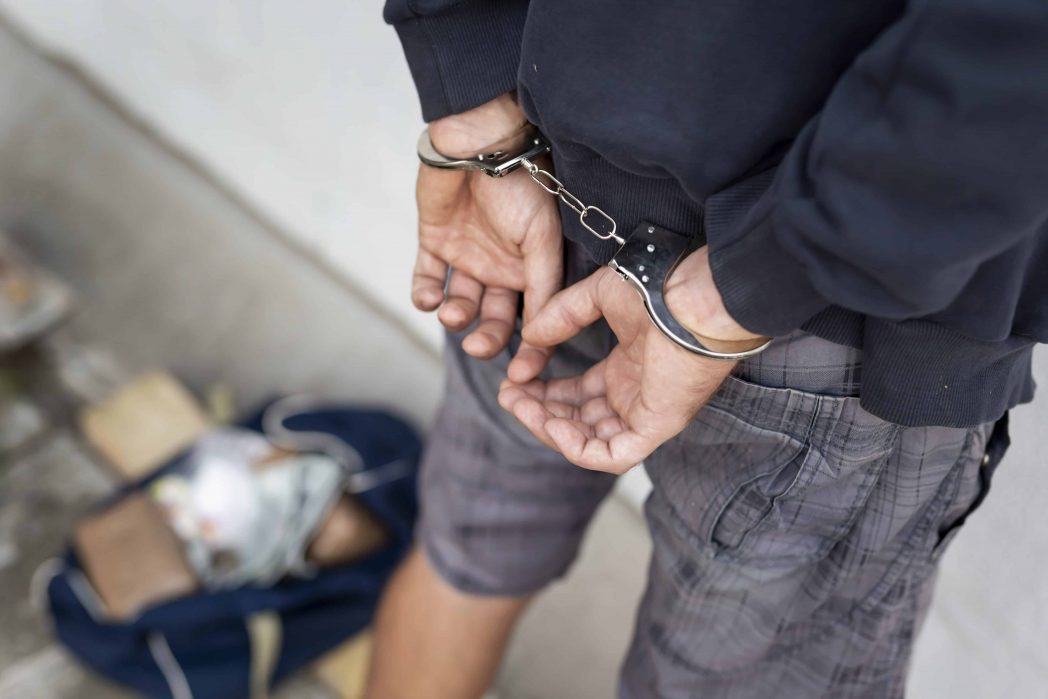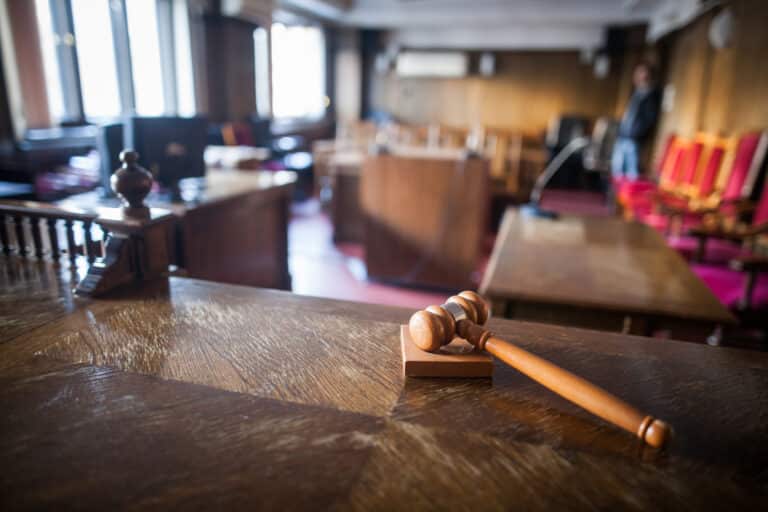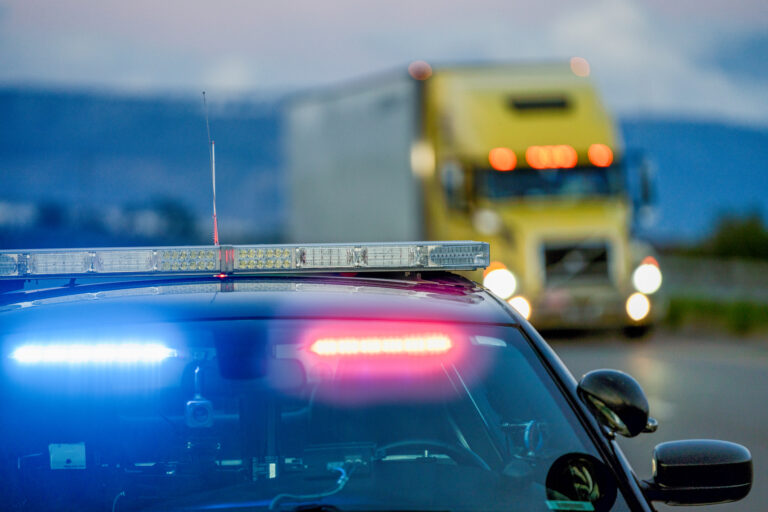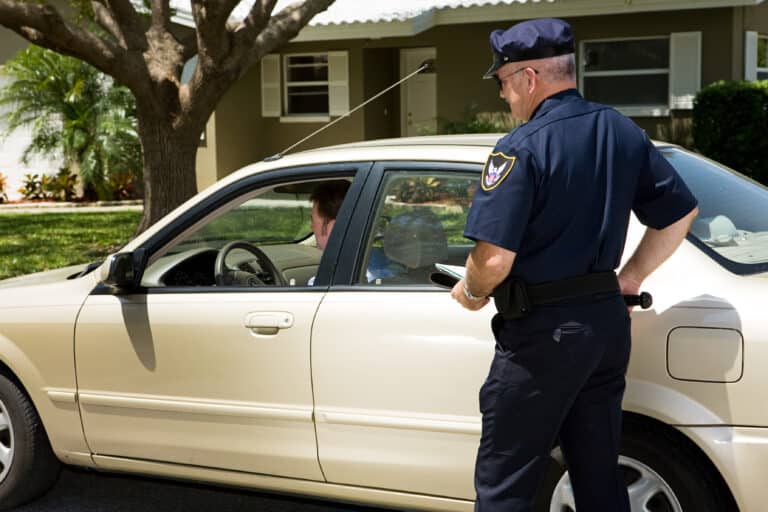Getting arrested is an unnerving experience that brings with it a lot of uncertainty, especially for those who have never experienced it before. Throughout New York State, the process is pretty uniform so most people will undergo the same steps after being arrested for a crime. You’ll be brought to the police station precinct, where the first 24 hours will be the same for nearly all people, regardless of what they are being taken into custody for. Your personal information will be collected, a photograph will be taken for the purposes of documenting your appearance, your possessions will be collected and vouchered, and your fingerprints will be taken.
The First 24/48 Hours
States have requirements for how much time can elapse between an arrest and appearance before a judge. In New York, the length of time between arrest and arraignment is usually 24 hours. However, it’s important to note that there may be exceptions.
In reality, if your arrest occurs on a Friday night and you are in an area where there were many arrests at the same time as yours, it could be that you have to wait until Monday to see a judge. Also, judges usually quit for the day about midnight or 1:00 a.m. so you might have to wait until some time the next day if the arrest happened in the early morning hours. The courts are not operating on a 24/7 basis.
A recent development that may affect the standard arrest process is the new bail reform laws in New York. If a person’s fingerprints come back clean, they have photographic identification, and/or the crime is not too serious (a misdemeanor or non-violent), they may be issued a Desk Appearance Ticket. These individuals don’t have to stay in jail. Instead, they are required to appear in court at a future date to answer the charges against them.
What Happens During My Time in Custody?
When you arrive at the precinct, your possessions will be taken from you. Items such as keys, large amounts of cash, cell phones, jewelry, shoe laces, belts, medication, and legal weapons will get vouchered. This means an officer will type up a list of this personal property and describe it in some detail. On occasion, a person may be allowed to keep their driver’s license and some money, but less than $100. You will be given a receipt for these personal effects. Although some property can’t be held at the precinct for more than 24 hours, like firearms and illegal drugs/narcotics, most is stored there in a locked room for about two days. So, if you're arrested on Monday and get out Wednesday, you can just return to that local precinct to retrieve your items. Unfortunately, after two days, vouchered property is sent to a central location called the Property Clerk’s Division. (This is located on Long Island City for arrests made in the 5 boroughs.)
What You Can Expect
First and foremost, you should be told why you are being arrested and what the charges are. There is no use in pleading your case to the law enforcement people who are processing you because You are still going to be processed regardless because they have a job to do.
You have the right to make a phone call. In reality, you may be allowed up to three in case you are unable to reach someone the first two times. This call should be used for notification purposes – to contact a lawyer or family member who can hire a lawyer. Typically, a call is made after possessions are vouchered and either before or after fingerprinting. It just depends on how busy things are at the precinct. In my experience, people who have a private lawyer versus a public defender tend to benefit from an accelerated arrest process.
Finally, if incarcerated for more than a few hours, food and drinks are to be provided. If there is an overflow of prisoners at central booking, the supervisor may have to transfer you to another precinct that has available cell space. Once this transfer by the department of corrections takes place, food (typically a sandwich) is offered.
What You Shouldn’t Expect
Family members are not entitled to visit a defendant while in police custody unless the defendant is a juvenile (under 16 years of age). In fact, if the person arrested is under 16, police cannot even question them and they are held in a designated area within the precinct specifically for juveniles – not in the general holding cell. Police must also contact parents or a designated guardian immediately.
There are also some questions that law enforcement will not answer. For example, if someone is arrested for domestic violence or violation of a restraining order, there are certain things police will not tell you, like the location of the person pressing charges. They may also withhold the name of a person who corroborates that the prisoner committed the crime or physical evidence.
Whether it’s at the local precinct or if you’re transferred to central booking, once you’ve been processed, you can expect to be evaluated by a social worker who will confirm that you know why you are there and ask if you have any concerns about how you are being treated. If necessary, they will also ask for a medical check by an EMS member.
By the time all of these procedures are complete, roughly 24 hours from your arrest will have passed. Throughout this time, it’s best to remain as calm and cooperative as possible, and be sure to seek legal assistance to help you navigate the next steps in the criminal justice system.





